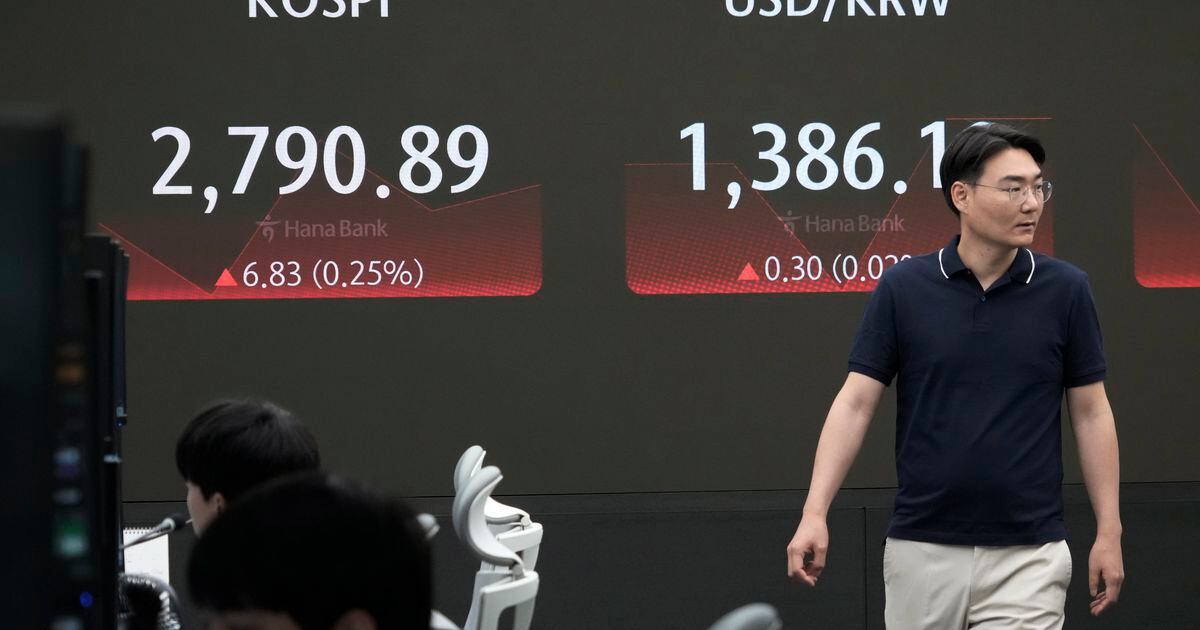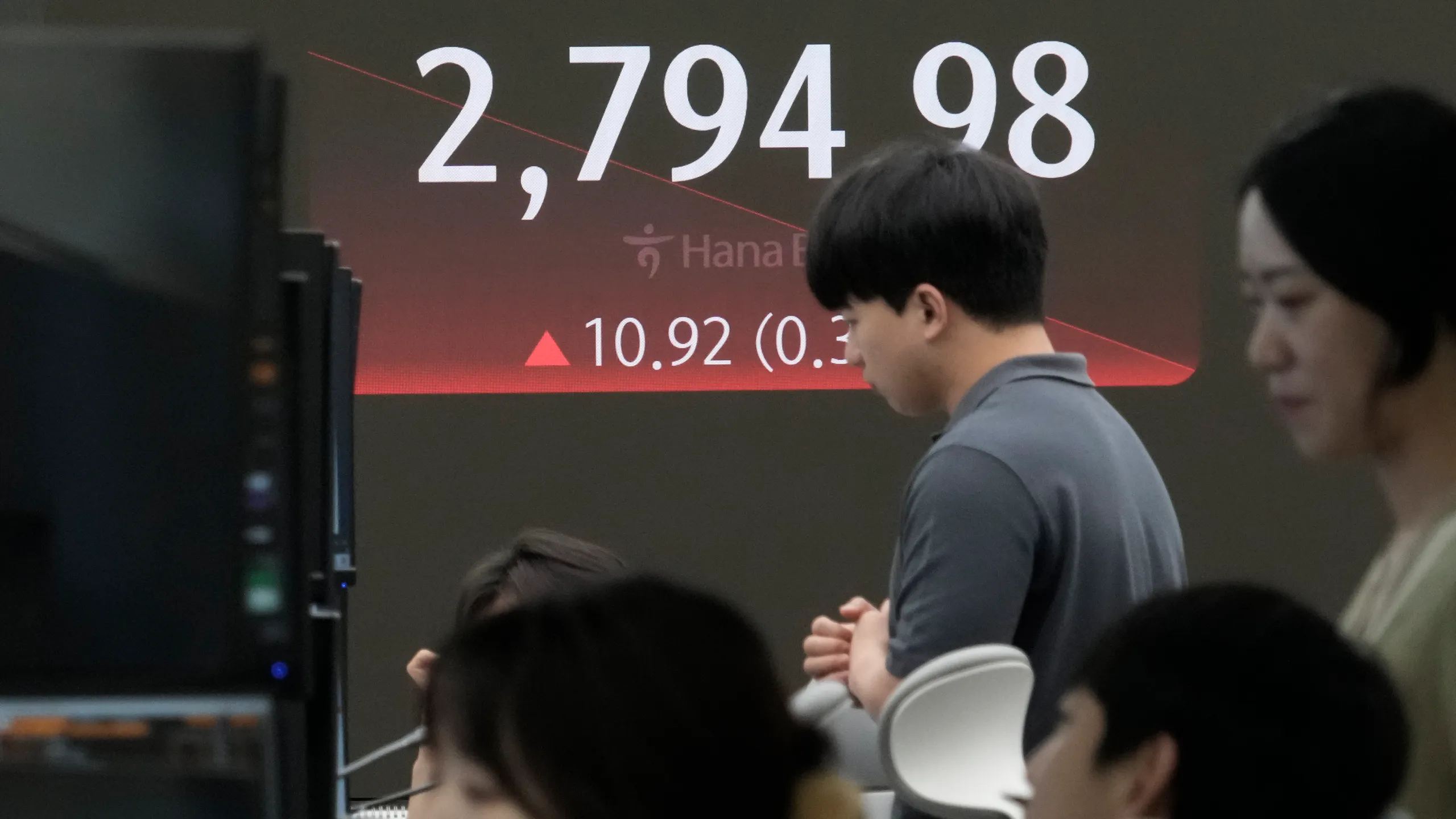Asian shares rose on Monday, starting a week filled with significant earnings reports and central bank meetings that could lead to easing monetary policies in the United States and the UK, while Japan might increase borrowing costs.
The markets were also influenced by oil prices rising due to fears of escalating conflict in the Middle East after a rocket attack in the Israeli-occupied Golan Heights, attributed to Hezbollah by Israel and the US.
Key economic data and events scheduled for the week include the U.S. jobs report for July, crucial manufacturing surveys, and Eurozone GDP and inflation figures. Additionally, the U.S. Treasury will announce its quarterly bond sales, and China’s politburo meeting might introduce further stimulus measures following last week’s unexpected rate cuts.
The anticipation of a September rate cut by the Federal Reserve hinted at in its upcoming Wednesday meeting, has also drawn significant market attention.

Asian Shares Rise Ahead of Key Economic Reports and Central Bank Meetings
Futures markets are fully expecting a quarter-point rate cut by the Federal Reserve, with some even betting on a larger cut. Goldman Sachs analysts suggest that the Fed might adjust its statement to indicate a higher likelihood of a rate cut in September.
Similarly, the Bank of Japan, meeting on Wednesday, has a 70% probability of hiking rates by 10 basis points, while the Bank of England’s decision on Thursday remains uncertain, with futures showing a 51% chance of a cut.
Asian markets reacted positively, with Japan’s Nikkei bouncing back after a previous week’s losses, and broader Asia-Pacific shares also gaining. However, Chinese blue chips slipped despite recent rate cuts.
European and U.S. futures showed gains, indicating positive market sentiment ahead of the earnings reports from major tech companies like Microsoft, Apple, Amazon, and Meta Platforms. The outcomes of these reports could significantly impact market volatility, especially given the high expectations for these companies.
In currency markets, the Japanese yen continued its upward trend, while the euro remained stable. In commodities, gold prices rose on expectations of a dovish stance from the Fed, and oil prices increased slightly due to Middle East tensions, though concerns about Chinese demand persisted. Brent crude and U.S. crude both saw modest gains, reflecting the cautious optimism in the market.











































